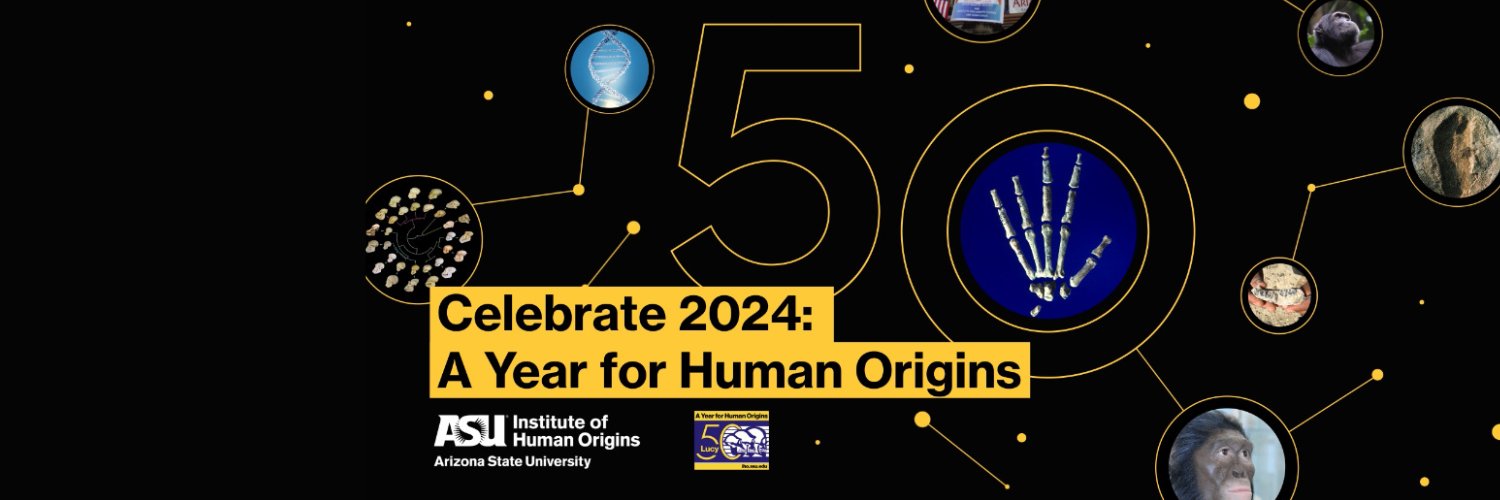
Inst of HumanOrigins
@HumanOriginsASU
Trying to understand how, why, and where we evolved over a long, long time! https://bsky.app/profile/asuiho.bsky.social
Check out the new article about IHO Researcher Tom Morgan's work!
Even animals with very small brains turn out to have cultural traditions, which poses a puzzler for biologists wondering what makes human culture unique. newscientist.com/article/mg2663…
Be sure to follow us on Bluesky! @ IHO . bsky . social
📆 Third Annual Bill Kimbel Impact Lecture featuring Terry Harrison PhD - Friday, April 4, 2025 Lecture, 7 p.m. to 8 p.m. VIP reception, 5:30 p.m. Cost: 𝗙𝗿𝗲𝗲 lecture 🎫 VIP tickets $100.00* See link for donation information: iho.asu.edu/events
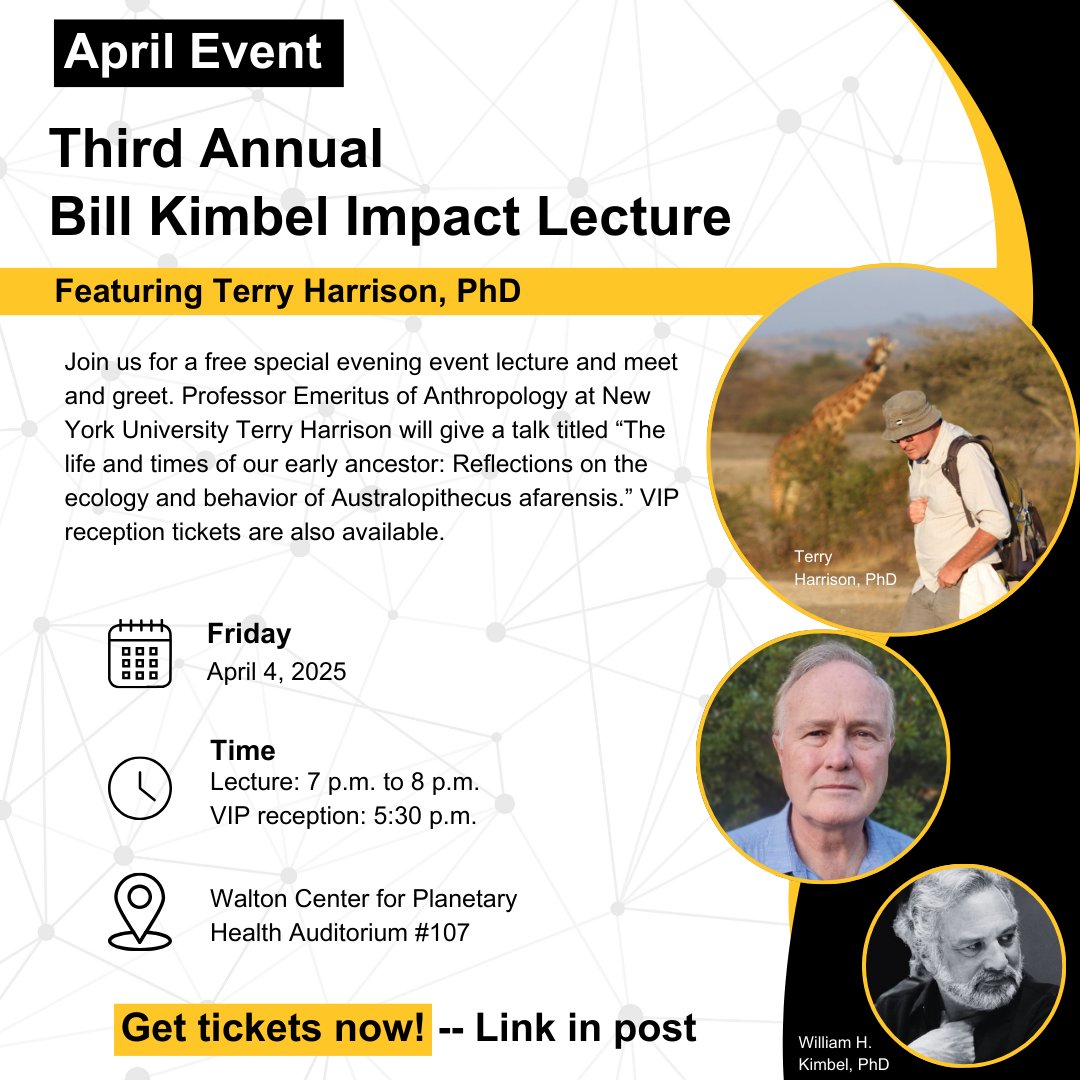
✨Join us for Open Door 2025! ✨ A 𝗙𝗥𝗘𝗘 event for the entire family 📆 𝗪𝗵𝗲𝗻: Tempe campus: Saturday, Feb. 22, 1–5 p.m. 𝗪𝗵𝗲𝗿𝗲: Walton Center for Planetary Health (WCPH) Floors 1 and 2 🅿️ Free at the Tyler Street Parking Structure opendoor.asu.edu
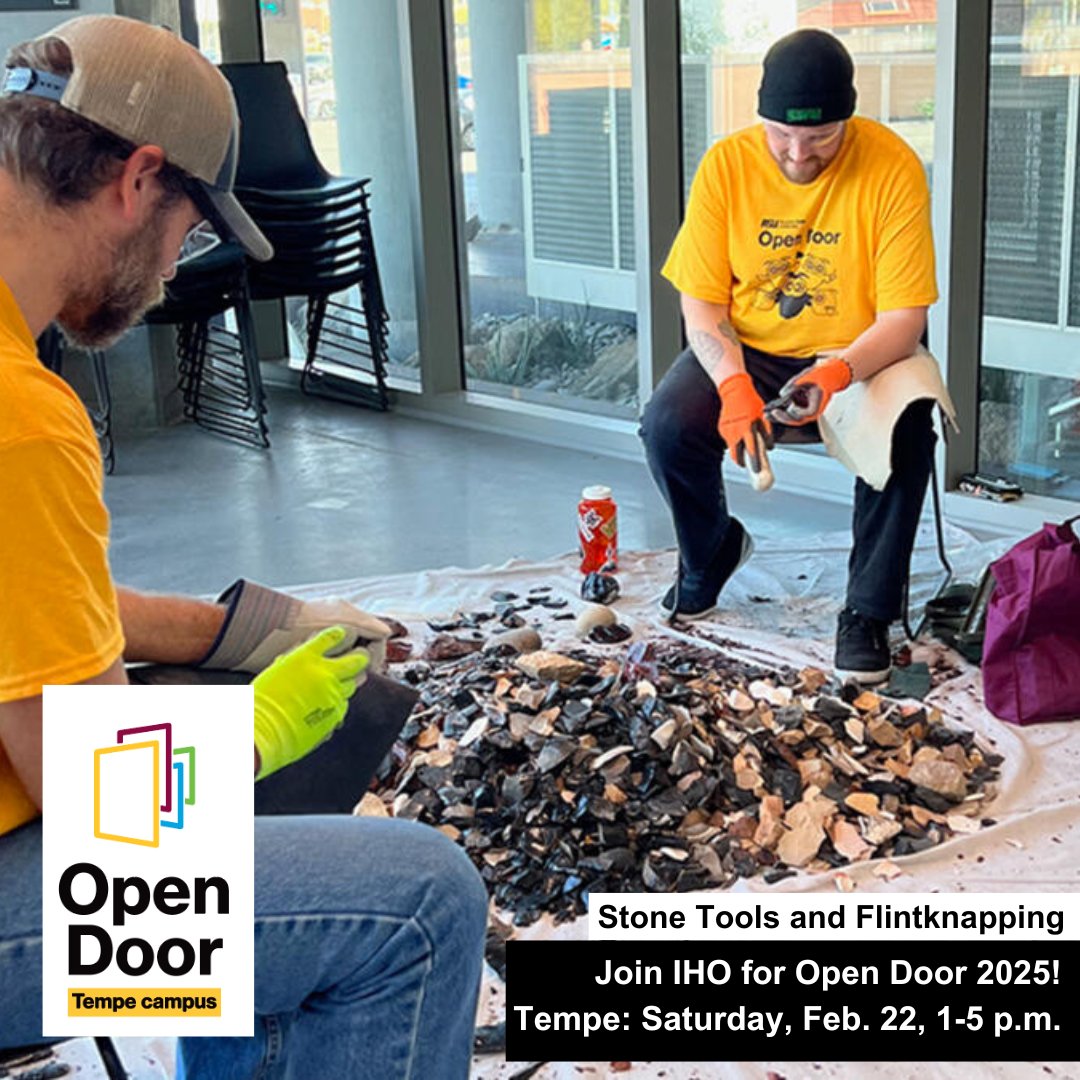
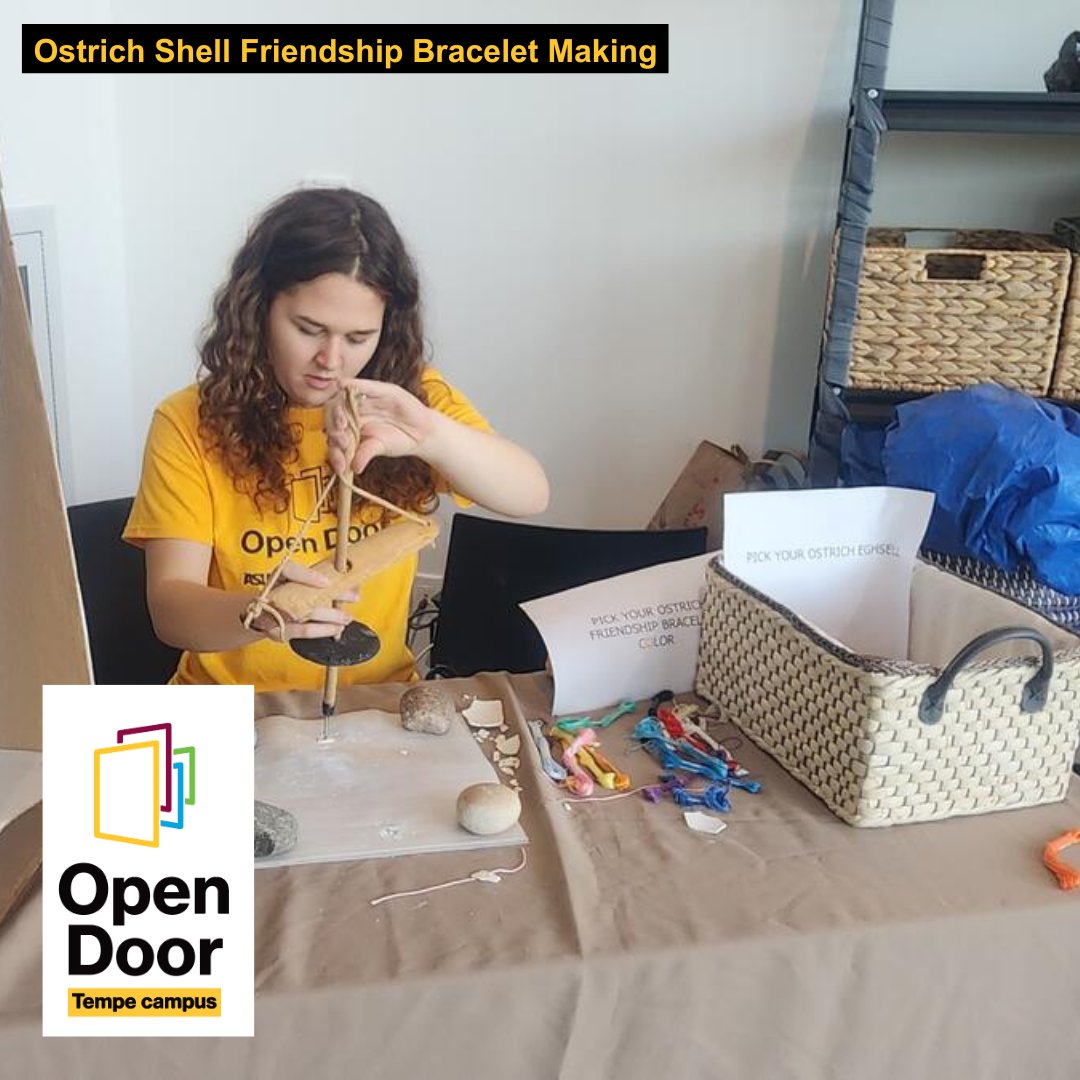
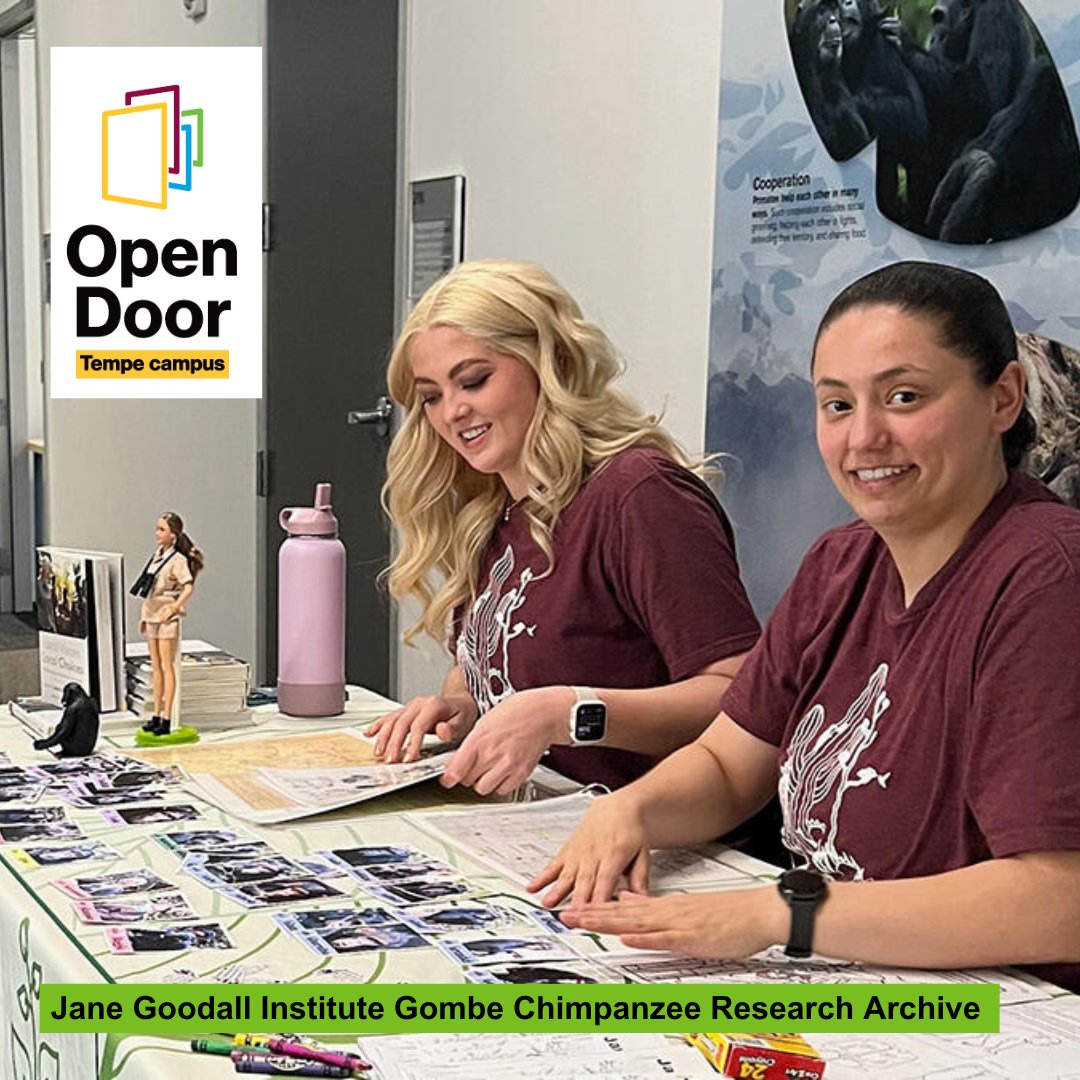
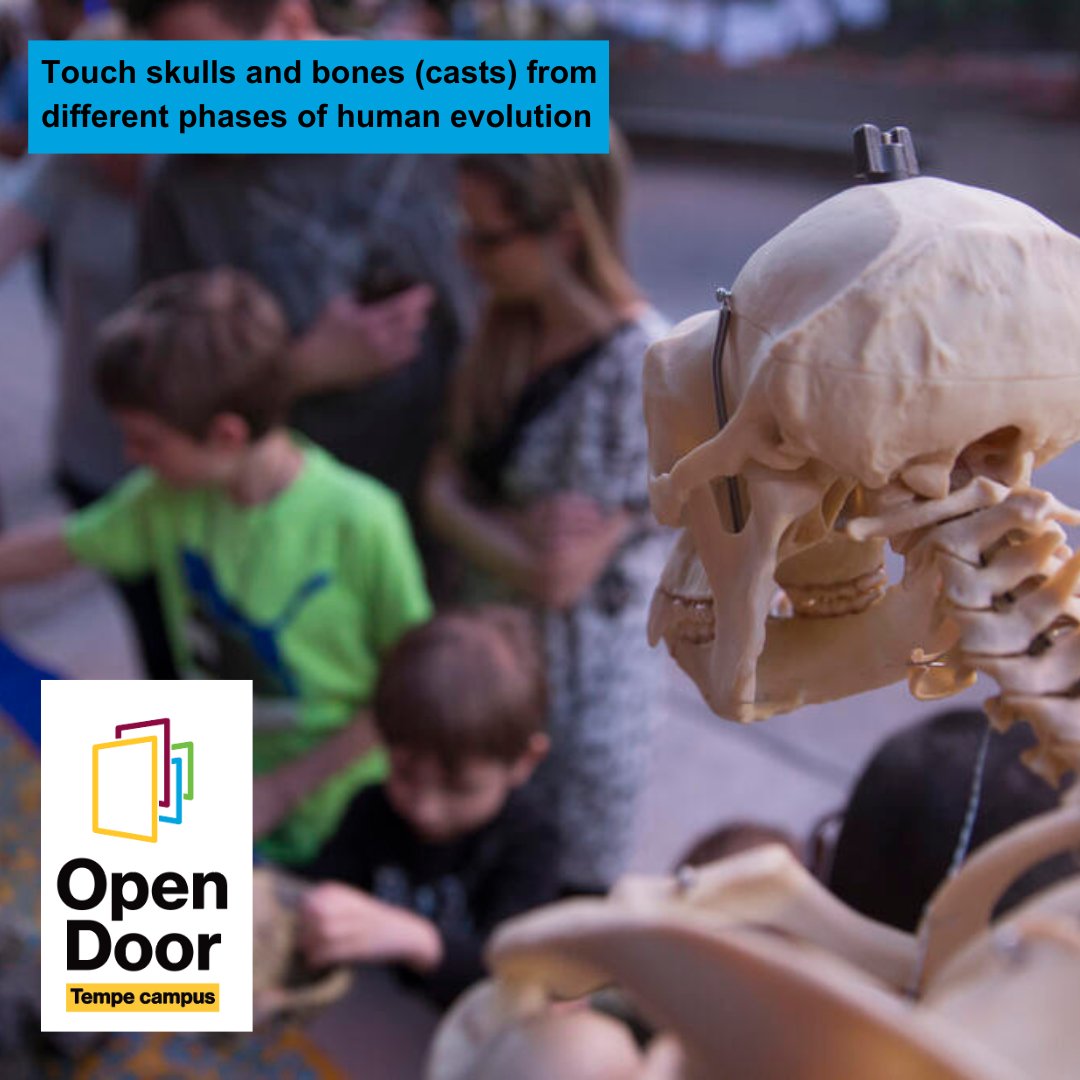
📊Decades of data show age plays an important role in primate reproduction -- with @jacobafeder a National Science Foundation Postdoctoral Fellow with the Institute of Human Origins. Read more: bit.ly/40NLZeA

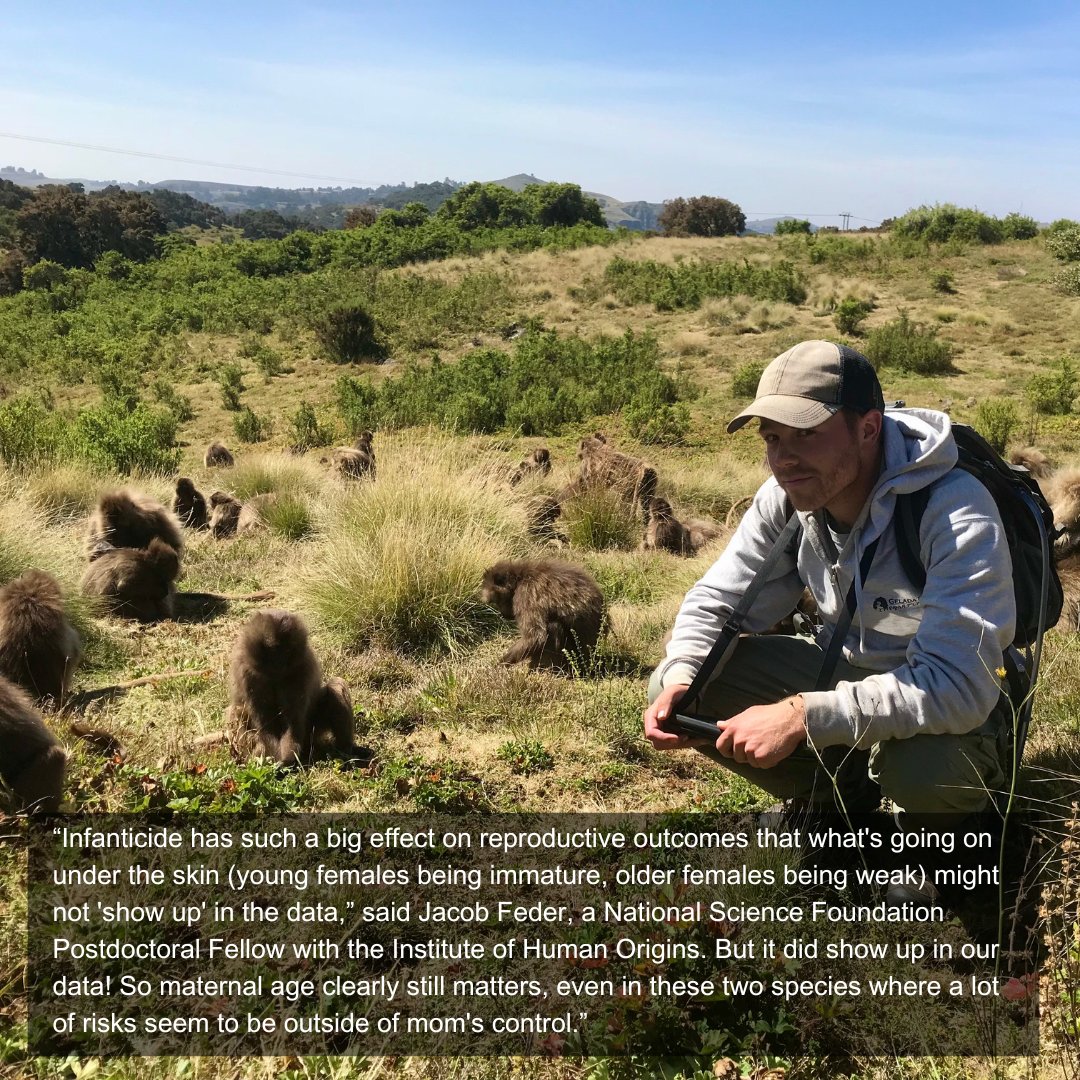
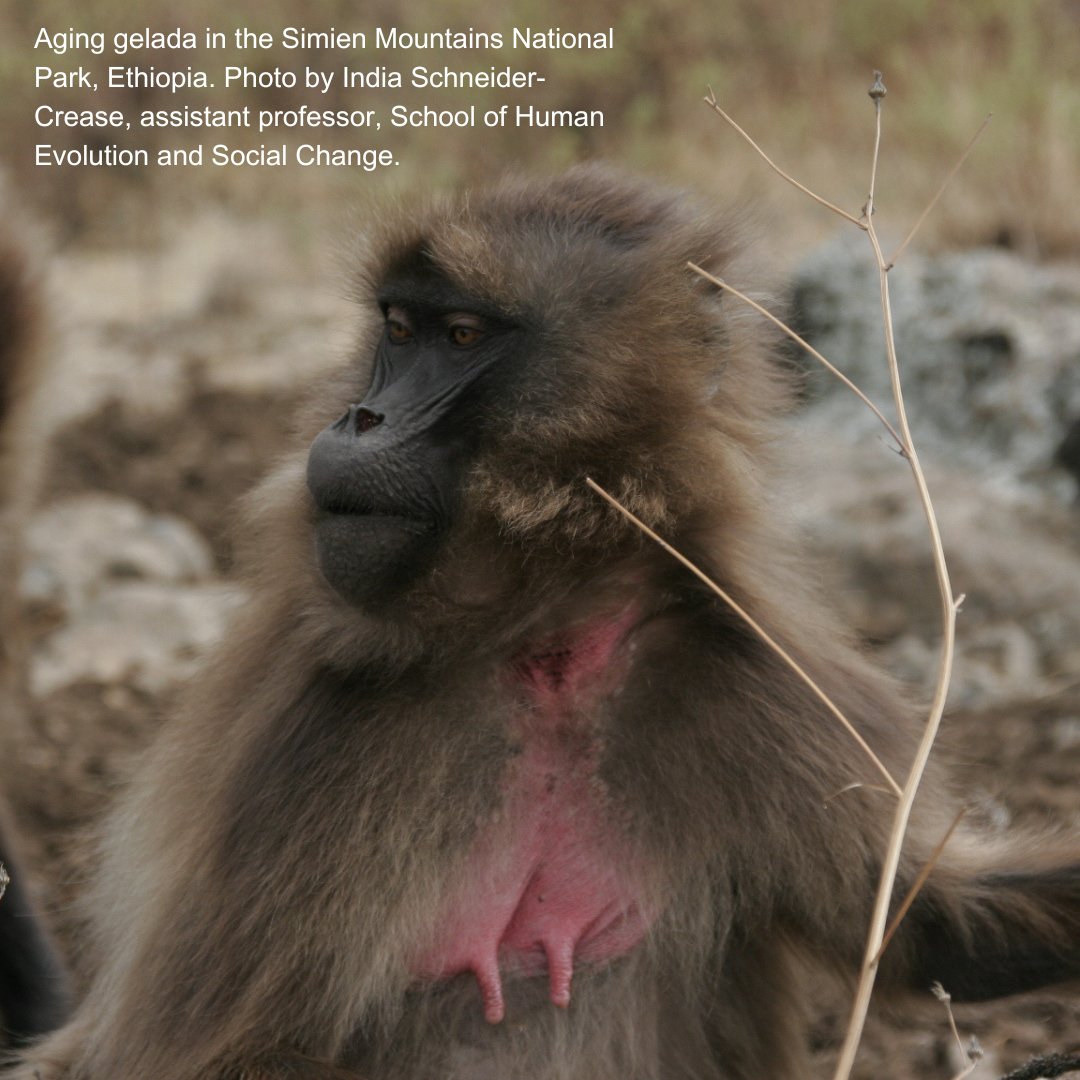
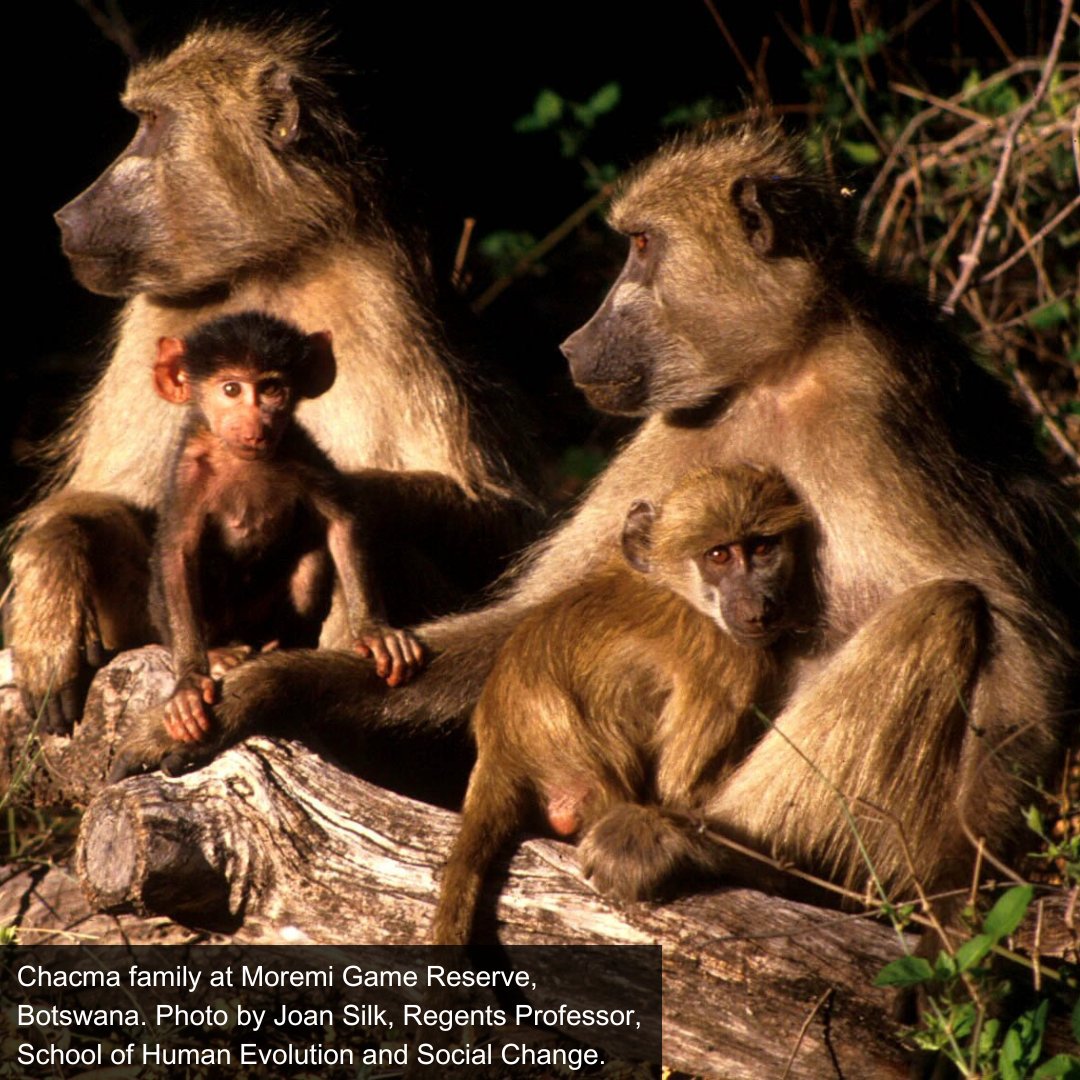
🧬"Largest genetic chimpanzee study unveils how they’ve adapted to multiple habitats and disease."🌍 Kevin Langergraber - IHO research scientist and @ASUBeingHuman associate professor contributed to study. Led by @H_Ostridge @UGI_at_UCL Read: bit.ly/4gO4dSK
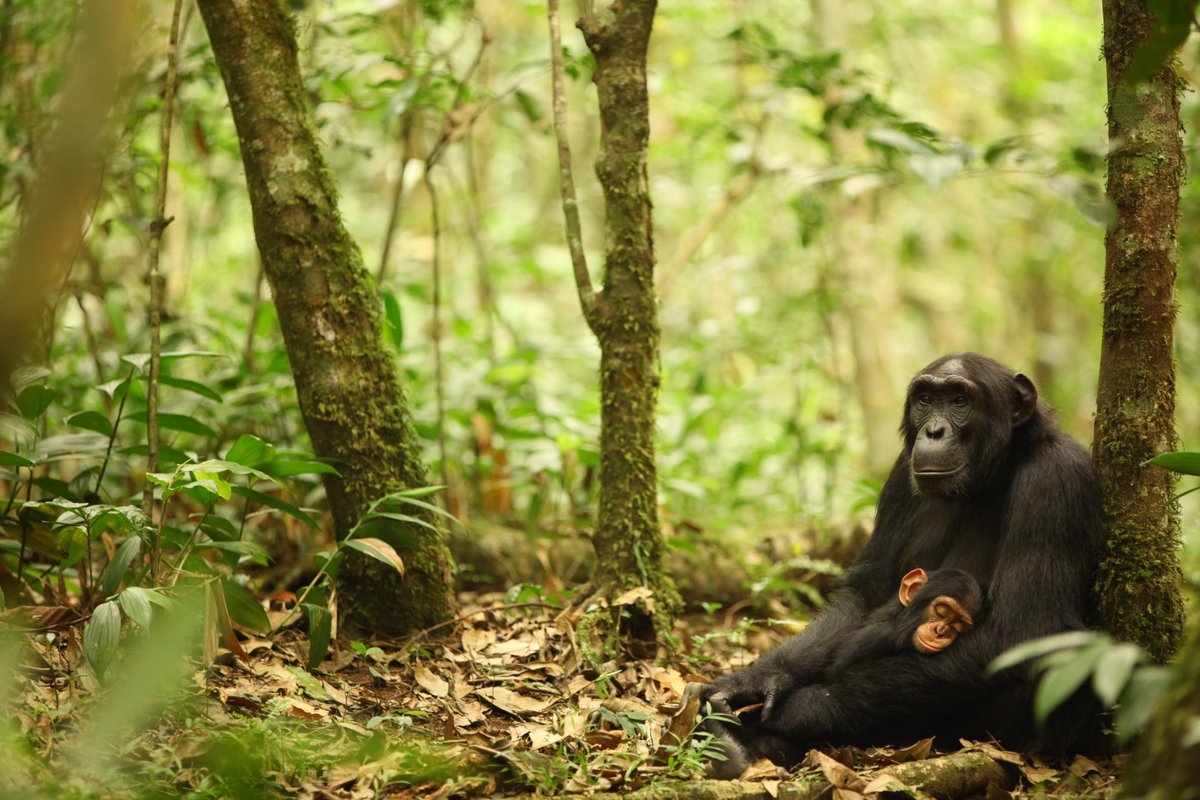
If you think about it, Lucy is our oldest “it girl.” buff.ly/4iyhpwn
Finally at No. 1, a new study from researchers @HumanOriginsASU and @ASUBeingHuman found that humans started gaining technical knowledge through social learning around 600,000 years ago, possibly predating the divergence of Neanderthals and modern humans.
At No. 2, researchers from @ASUBeingHuman and @HumanOriginsASU published a study in @nature that found early modern humans may have dispersed on so-called “blue highways” formed by seasonal rivers.
👉Did you miss it⁉️ Check out IHO Research Scientist, Sarah Mathew in her March 2024 lecture, "How contemporary human populations have adapted to the semi-arid savanna." youtu.be/B1xUDhRMHqE?si… via @YouTube
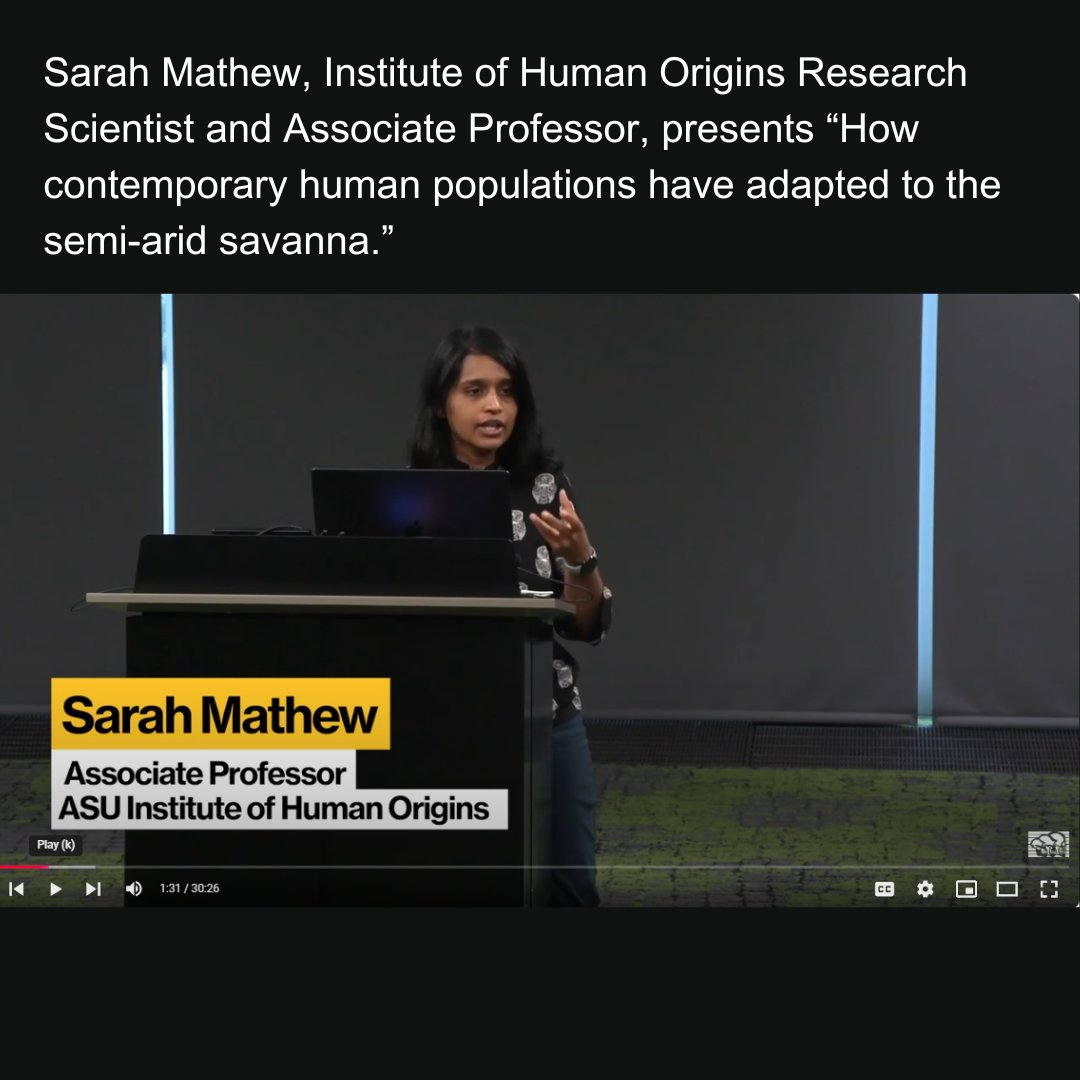
‘Deep inside, something told me I had found the earliest human ancestor; I went numb’ – Yohannes Haile-Selassie on his lifetime quest to discover ancient humanity theconversation.com/deep-inside-so… via @ConversationUK

Institute of Human Origins Research Scientist and @ASUBeingHuman Professor, Gary Schwartz runs an Advanced Visualization Lab with state-of-the-art scanning technology including a micro-computed tomography scanner (micro-CT). 💀 @ASUTheCollege
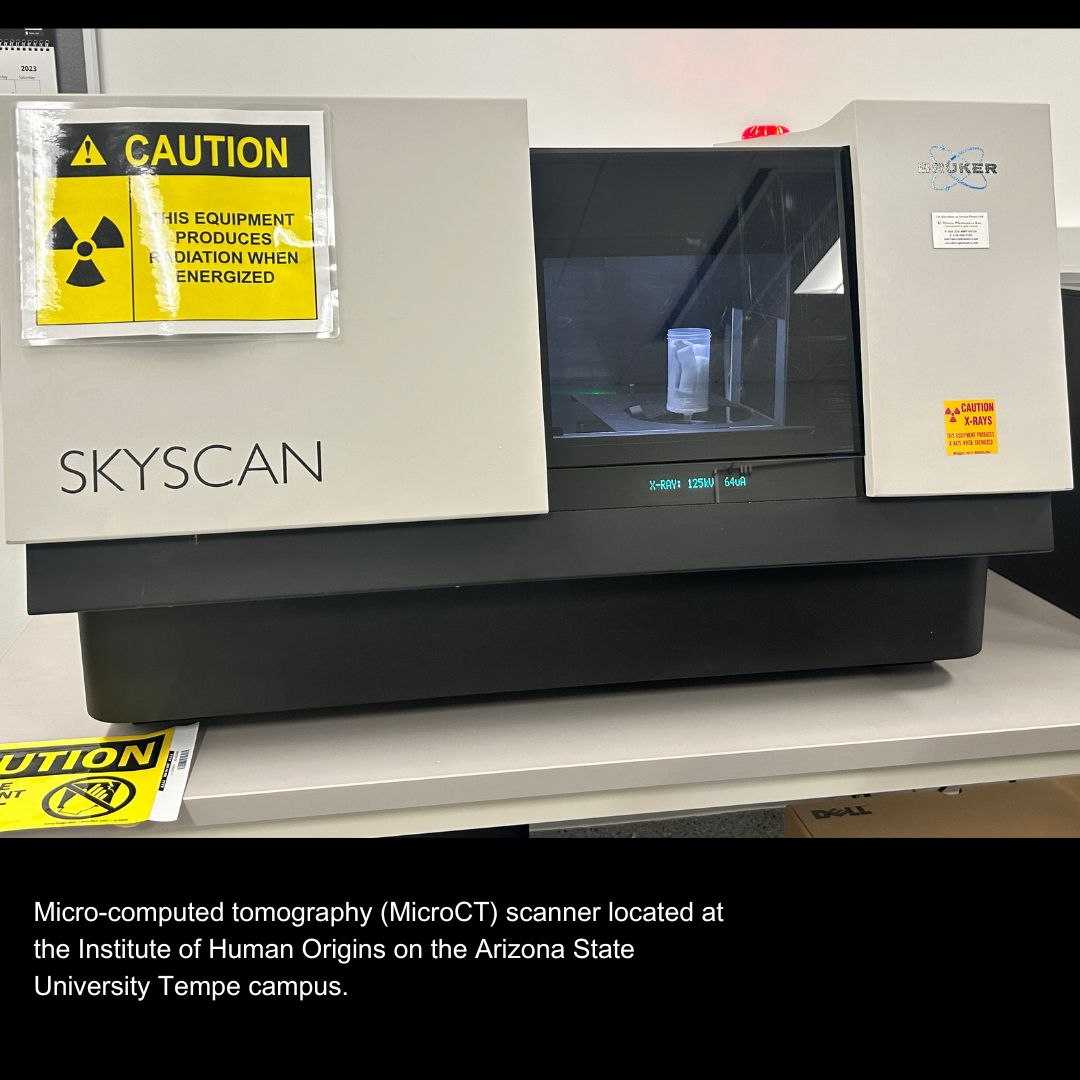
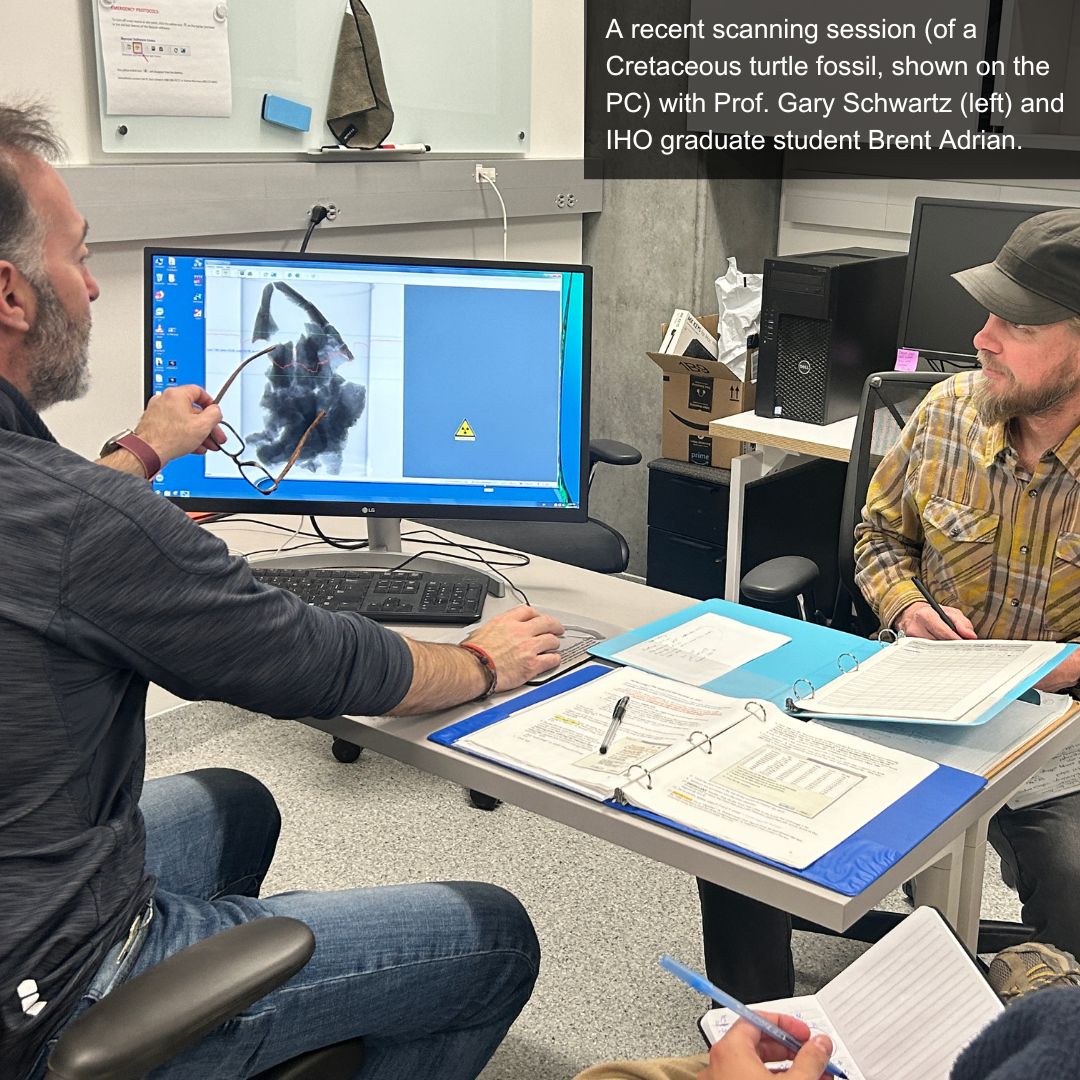
Anthropology undergraduate dazzles faculty on her way to being named a Dean's Medalist news.asu.edu/20241202-sun-d…
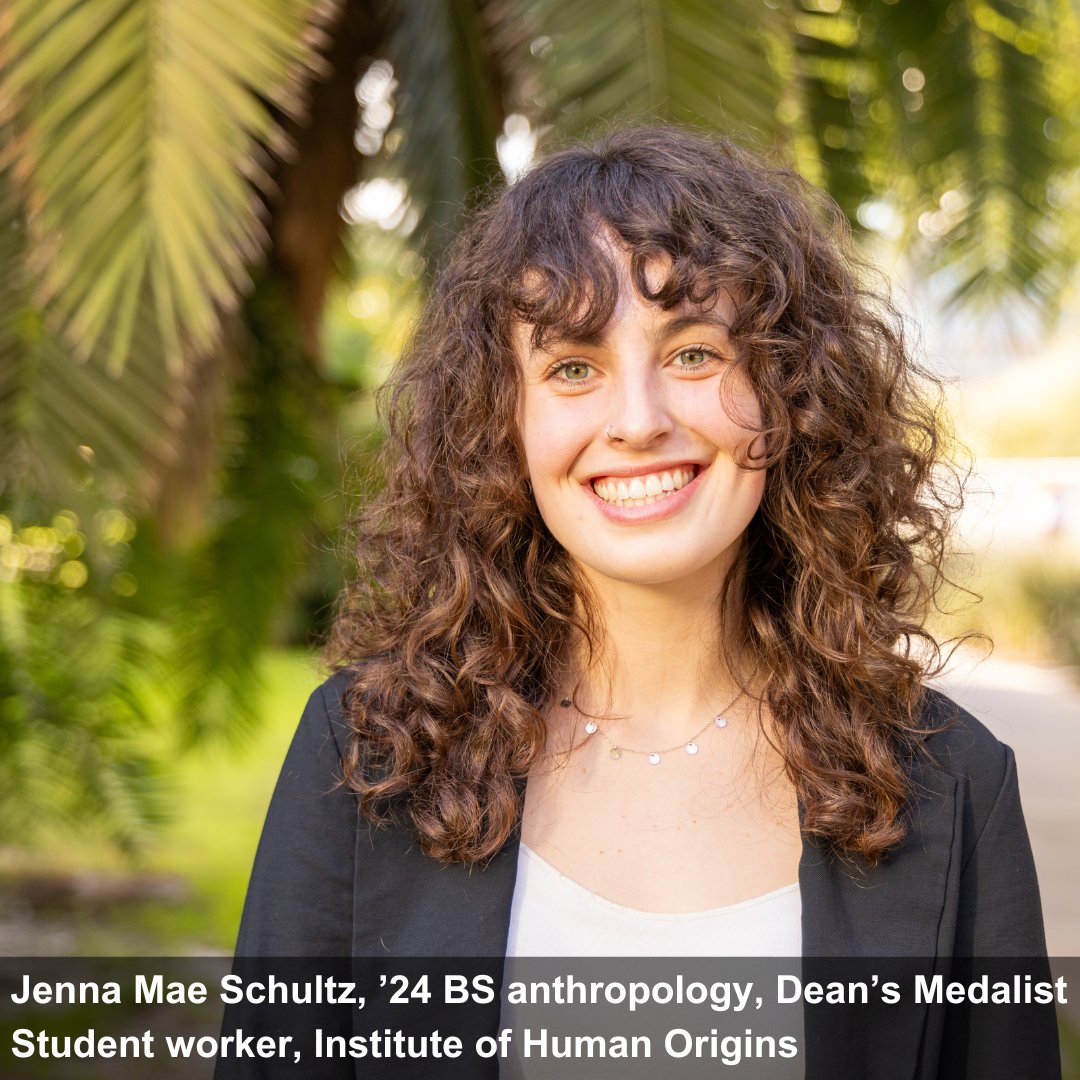
Join IHO Director Yohannes Haile-Selassie for a special conversation on Thursday, December 5! Event details below, on the Tempe Campus -- Register here: specialevents.asu.edu/yohannesihofut…
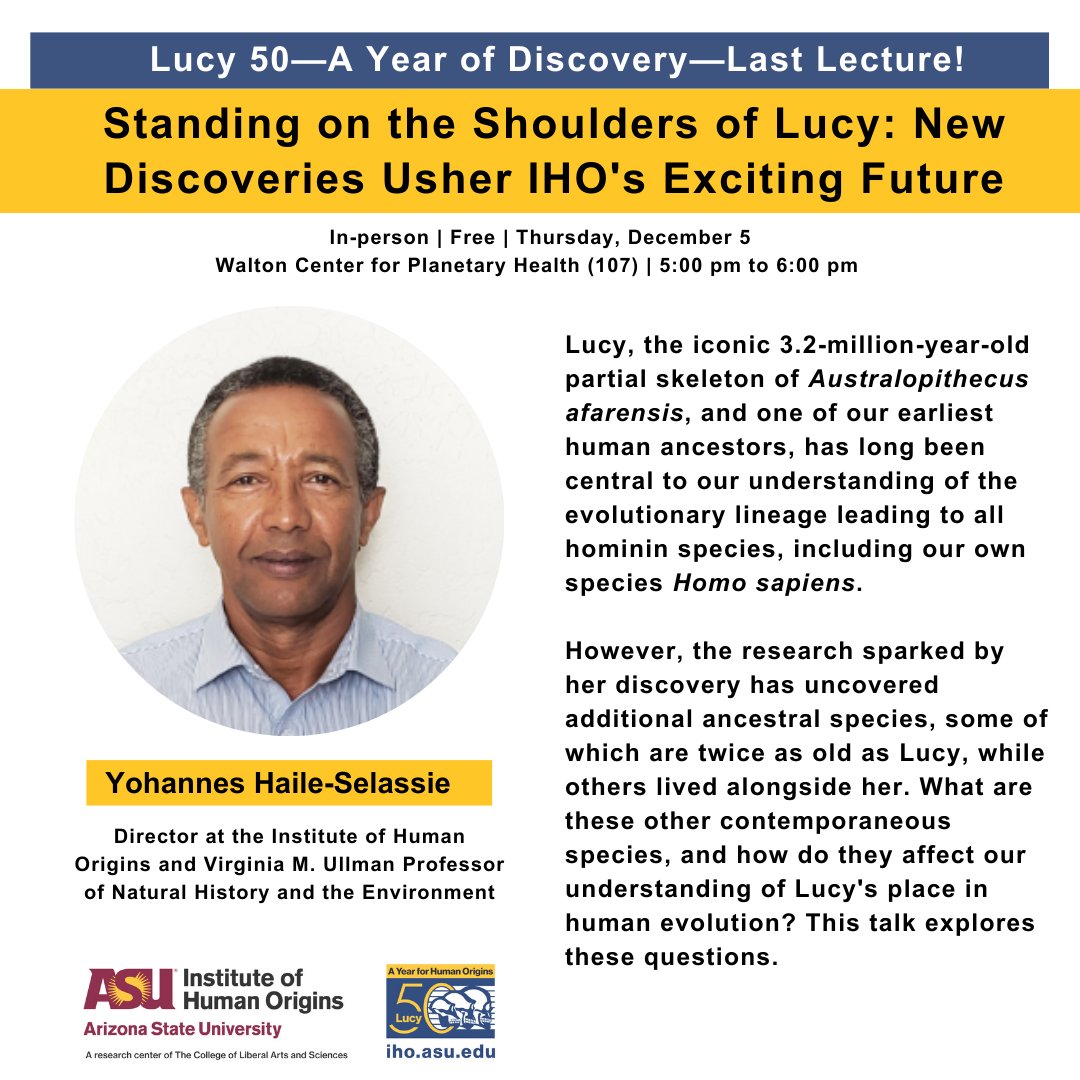
Pioneering professor of cultural evolution pens essays for leading academic journals #CulturalEvolution @ASUBeingHuman @ASUTheCollege news.asu.edu/20241122-scien…
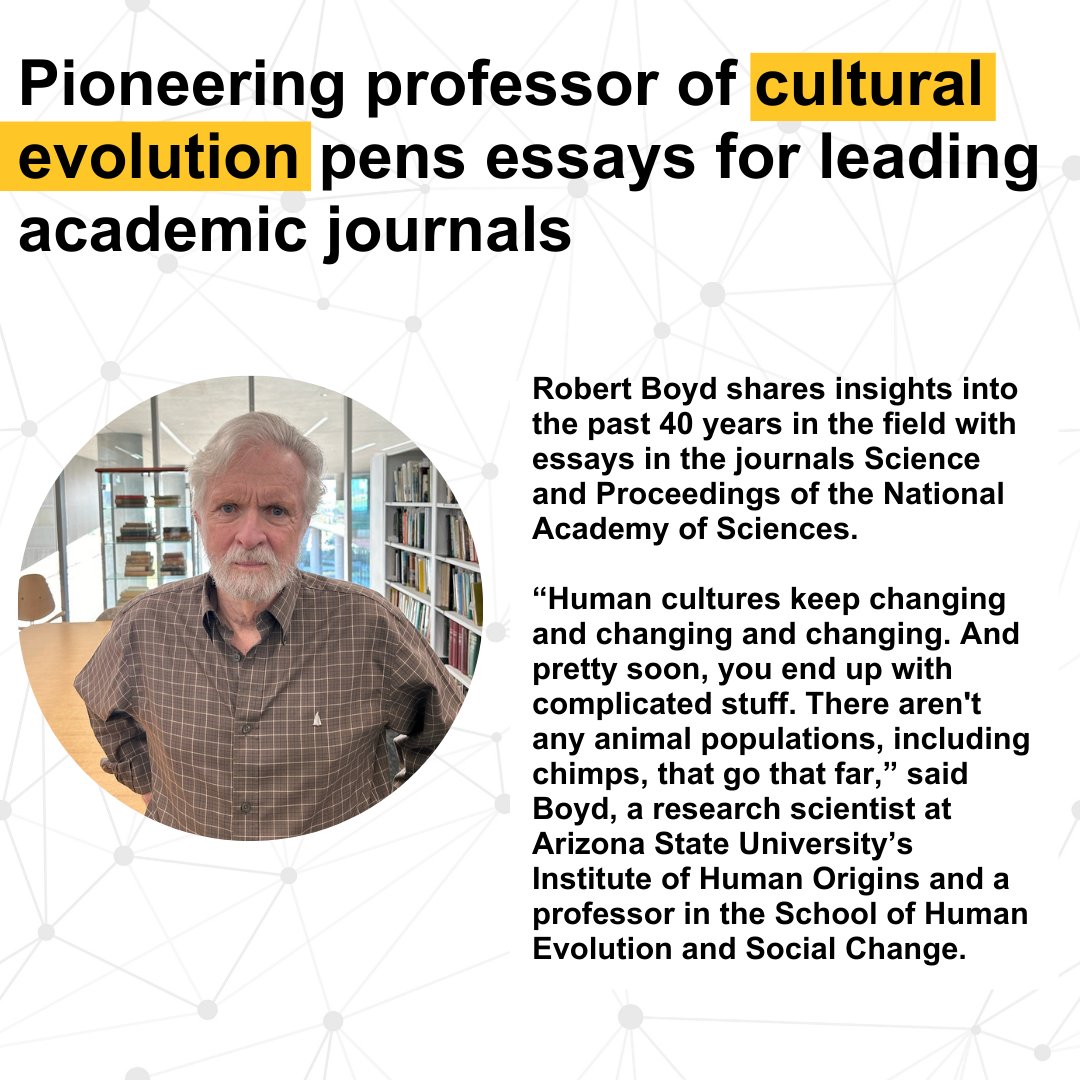
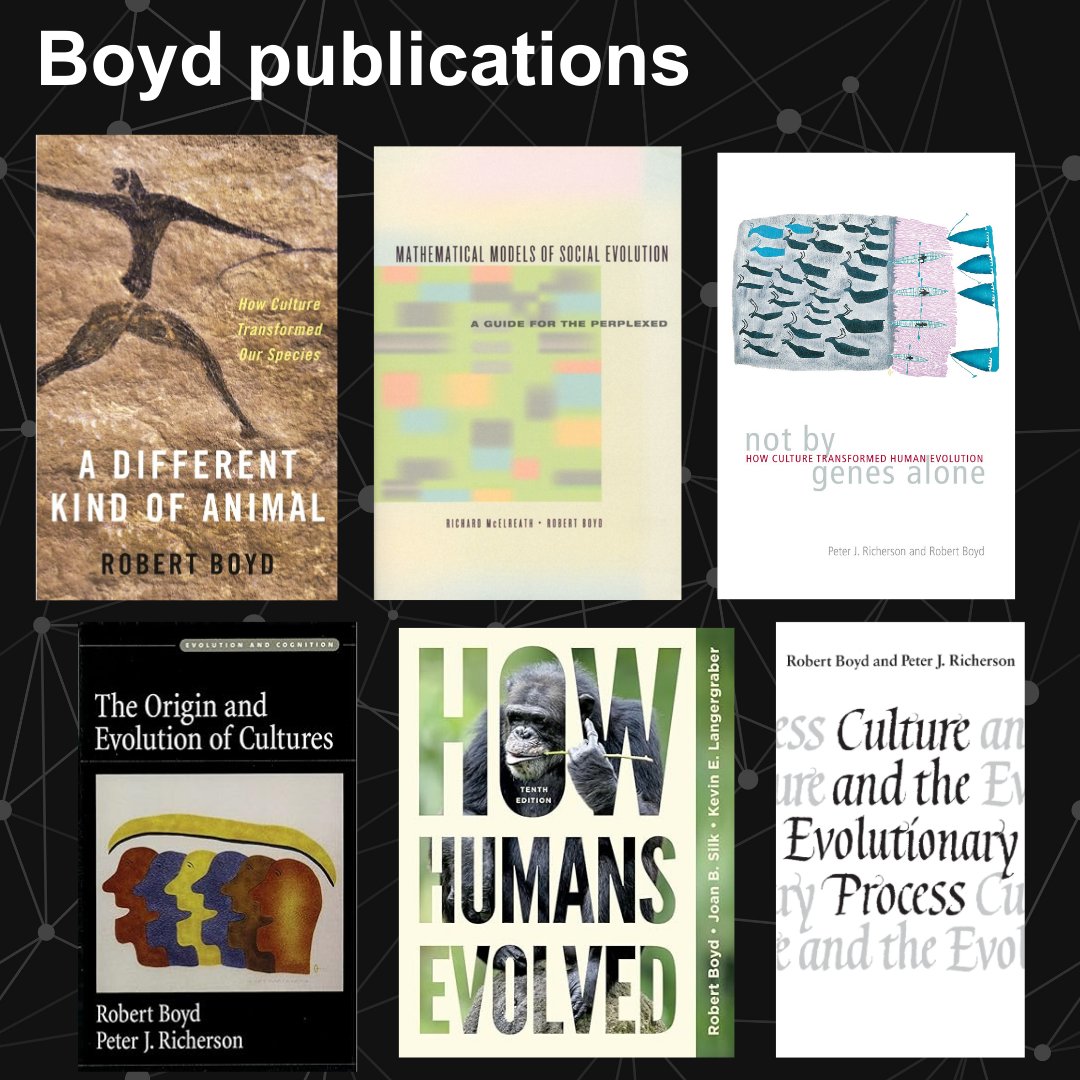
Fifty years ago, our understanding of human origins began to change with the discovery of Lucy, a remarkably complete, 3.2-million-year-old human relative unearthed from the sandy soil in Hadar, Ethiopia. wapo.st/4910Fte
This year’s @greatethrun celebrated the 50th Anniversary of Lucy's Discovery! Check out the shirts on Nov. 17th 50,000 runners!
President Taye Atske Selassie has kicked off the Great Ethiopian Run International 10Km, Africa's largest road race, on Nov 17th held for the 24th time in Addis Ababa. #Greatethiopianrun
50 Years Of Science With Lucy, Our Famous Early Ancestor sciencefriday.com/segments/lucy-…
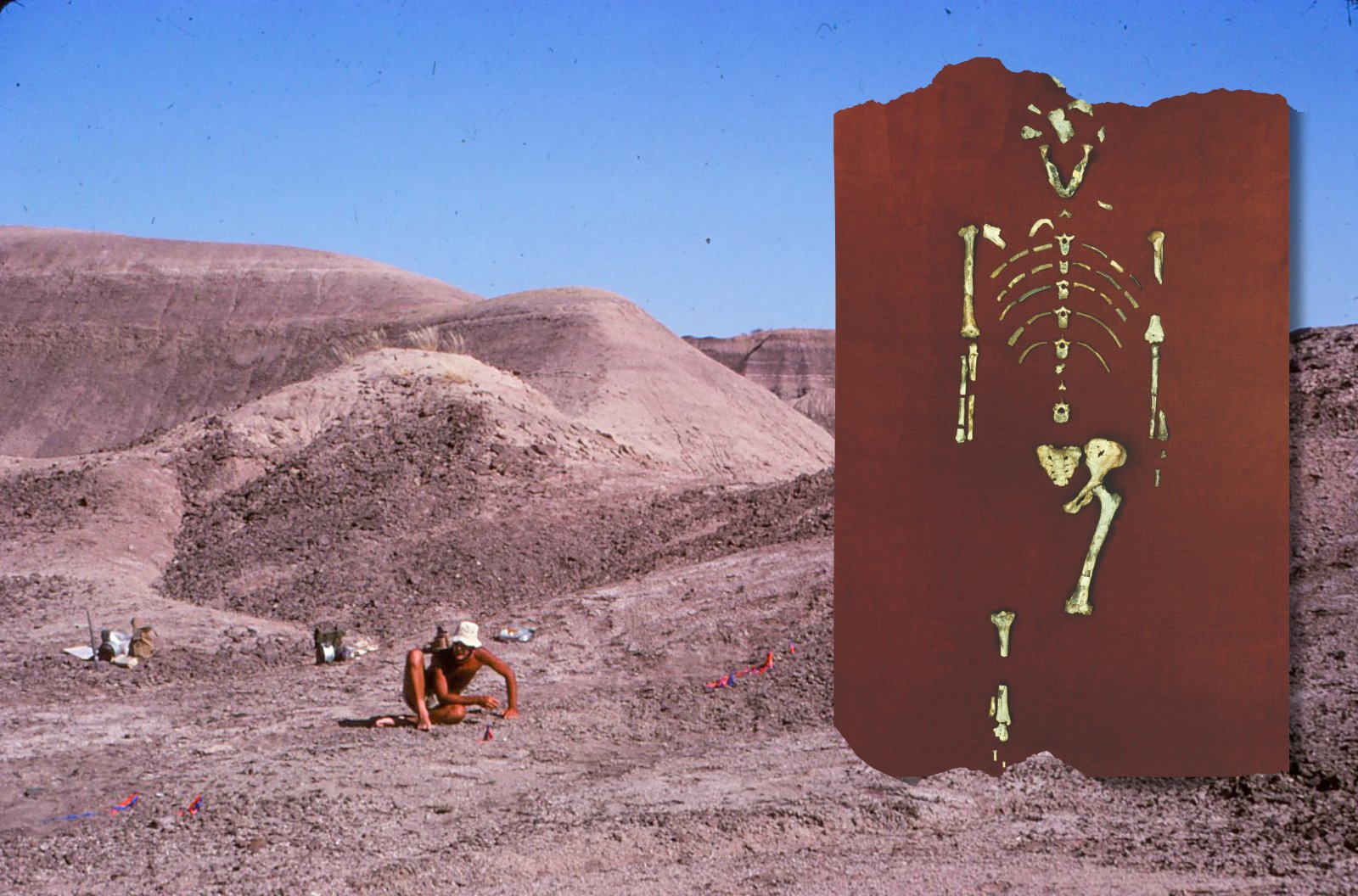
Arizona State paleontologist talks about 50-year anniversary of his Lucy skeleton discovery with @azfamily ! azfamily.com/2024/11/21/ari…
